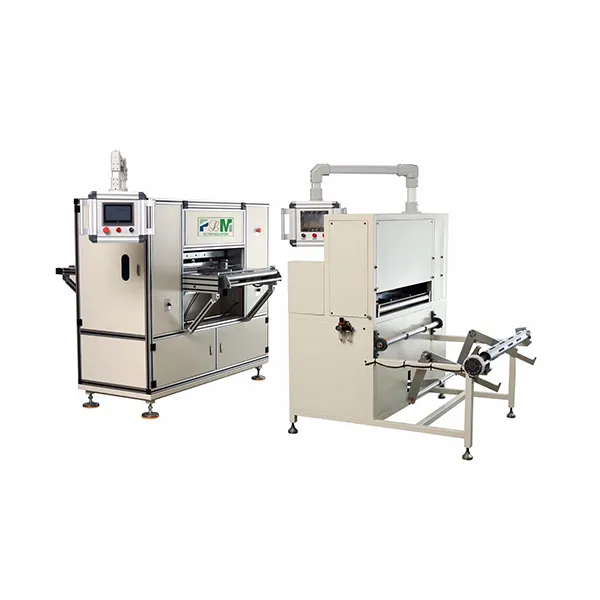Nov . 11, 2024 12:51 Back to list
cabin air filter product
Understanding Cabin Air Filters Importance and Maintenance
In today’s world, where air quality is a growing concern, the significance of cabin air filters in vehicles cannot be overstated. These filters play a critical role in ensuring that the air we breathe inside our cars is clean and free of harmful pollutants. This article explores what cabin air filters are, their importance, maintenance tips, and signs that indicate it’s time for a replacement.
What is a Cabin Air Filter?
A cabin air filter is designed to trap dust, pollen, exhaust gases, and other airborne pollutants before they enter the vehicle’s interior. Typically located behind the glove compartment or under the dashboard, these filters help to purify the air circulating inside the car. Without a cabin air filter or with a clogged one, drivers and passengers may find themselves inhaling harmful substances that can lead to health issues.
The Importance of Cabin Air Filters
1. Health Benefits One of the primary functions of a cabin air filter is to improve the air quality inside your vehicle. This is especially important for individuals with allergies, asthma, or other respiratory issues. A quality filter can significantly reduce the amount of pollen, dust mites, mold spores, and other allergens that enter the cabin, leading to a healthier environment.
2. Comfort Clean air is essential for a comfortable driving experience. A well-functioning cabin air filter ensures that the air conditioning and heating systems work efficiently by preventing dust and debris from clogging the HVAC system. This means better airflow and temperature control, making your ride more enjoyable.
3. Vehicle Performance When a cabin air filter is clogged, it can place an unnecessary strain on the vehicle’s heating and cooling systems. This can lead to decreased performance, increased fuel consumption, and higher repair costs. Regular maintenance of the filter can contribute to the overall longevity of the vehicle’s HVAC system.
Maintenance Tips for Cabin Air Filters
cabin air filter product

1. Regular Inspections It’s wise to check your cabin air filter regularly, especially if you frequently drive in urban areas or near construction sites where dust and pollutants are prevalent. Most manufacturers recommend inspecting the filter every 12,000 to 15,000 miles, but this may vary depending on driving conditions.
2. Follow Manufacturer's Guidelines Always refer to the owner’s manual for specific recommendations regarding the cabin air filter. The manual will provide insights on replacement intervals and the type of filter suitable for your vehicle.
3. Choose Quality Filters When it comes to replacing your cabin air filter, opt for quality products that provide superior filtration. There are various types available, including activated charcoal filters that not only trap allergens but also neutralize odors. Investing in a high-quality filter can ensure better performance and enhanced air quality.
4. DIY or Professional Help If you're comfortable with basic car maintenance, replacing the cabin air filter can be a simple DIY task that saves you money. However, if you're unsure, it’s best to seek help from a professional mechanic to ensure the job is done correctly.
Signs That Indicate a Replacement is Needed
Certain indicators can signal that it’s time to replace your cabin air filter
- Reduced Airflow If you notice a significant decrease in airflow from the vents, it could be a sign that the filter is clogged. - Unpleasant Odors Lingering smells inside your vehicle, especially when using the air conditioning, can indicate that the filter is harboring mold or bacteria. - Increased Allergies If you or your passengers begin to experience heightened allergy symptoms when driving, it might be time for a replacement.
Conclusion
Cabin air filters are an essential component of your vehicle’s climate control system, significantly affecting both health and comfort. By understanding their importance and maintaining them properly, you can ensure that the air in your car remains clean and refreshing. Remember to inspect and replace your cabin air filter regularly, following manufacturer guidelines to enjoy a safe and pleasant driving experience.
-
High-Efficiency Active Carbon Air Filter for Air Purifier | Odor & Allergen Removal
NewsJul.23,2025
-
Active Carbon Air Filter for Air Purifier – High Efficiency Filtration Solution
NewsJul.22,2025
-
Durable Sintered Porous Metal Filter Tube Cup & Machines
NewsJul.22,2025
-
Effective Active Carbon Air Filter for Purifiers | Eliminate Odors
NewsJul.21,2025
-
PLJT-250-25 Full-auto Turntable Clipping Machine | Efficient Automation
NewsJul.20,2025
-
Cheap PLJY109-500 Full-Auto HDAF Expanded Mesh Spiral Coiling Machine - High Efficiency & Quality Manufacturer
NewsJul.08,2025
